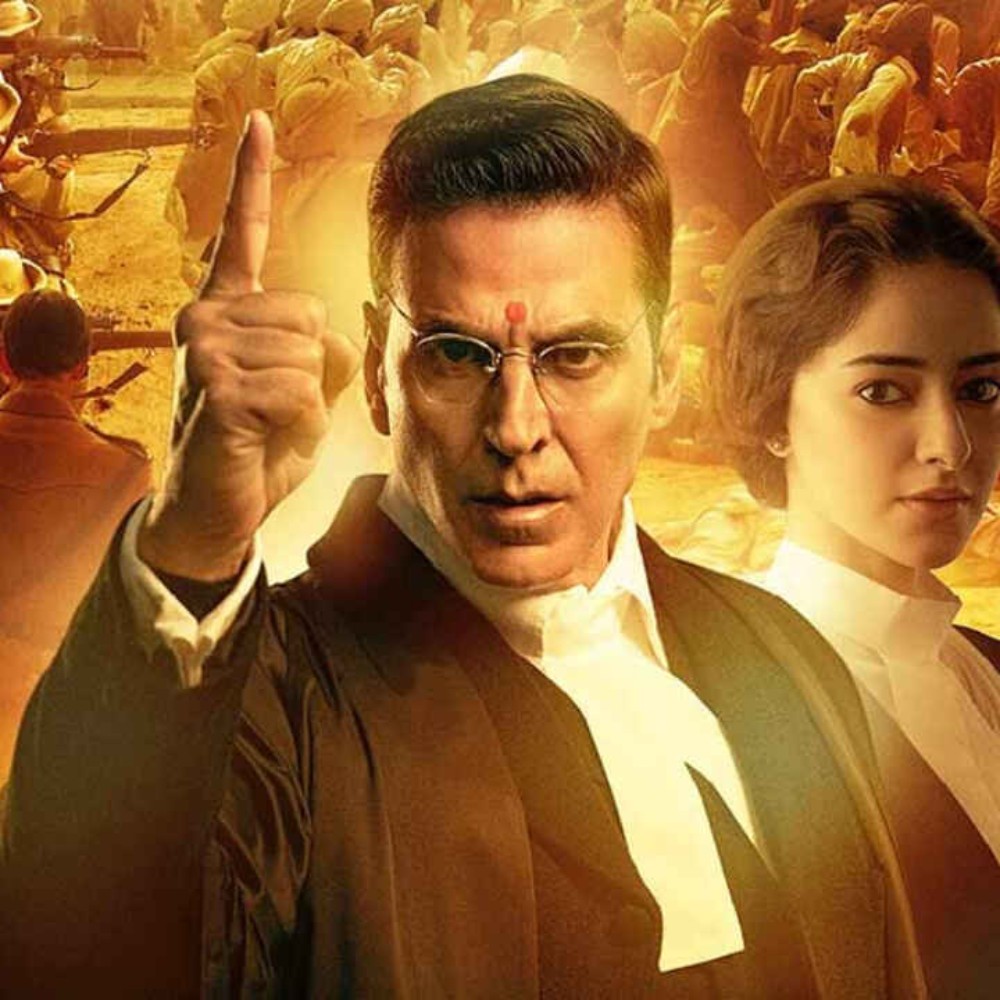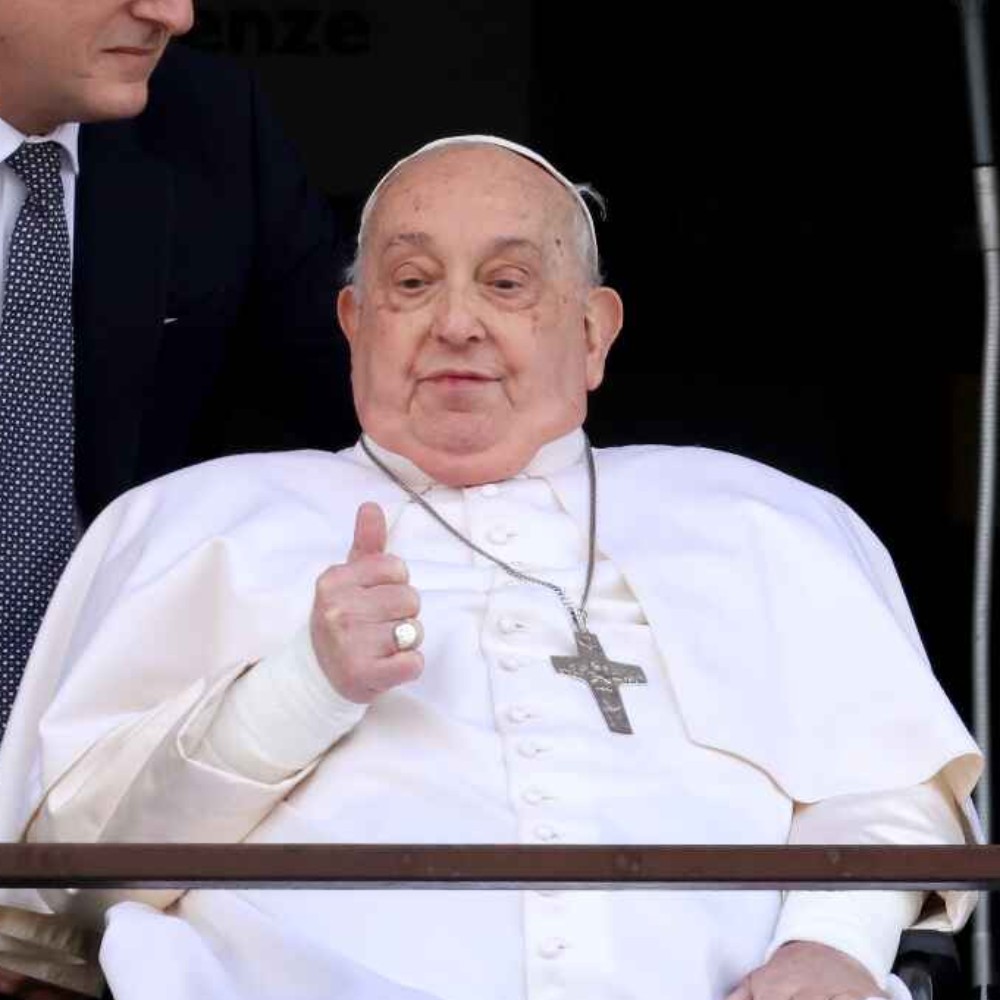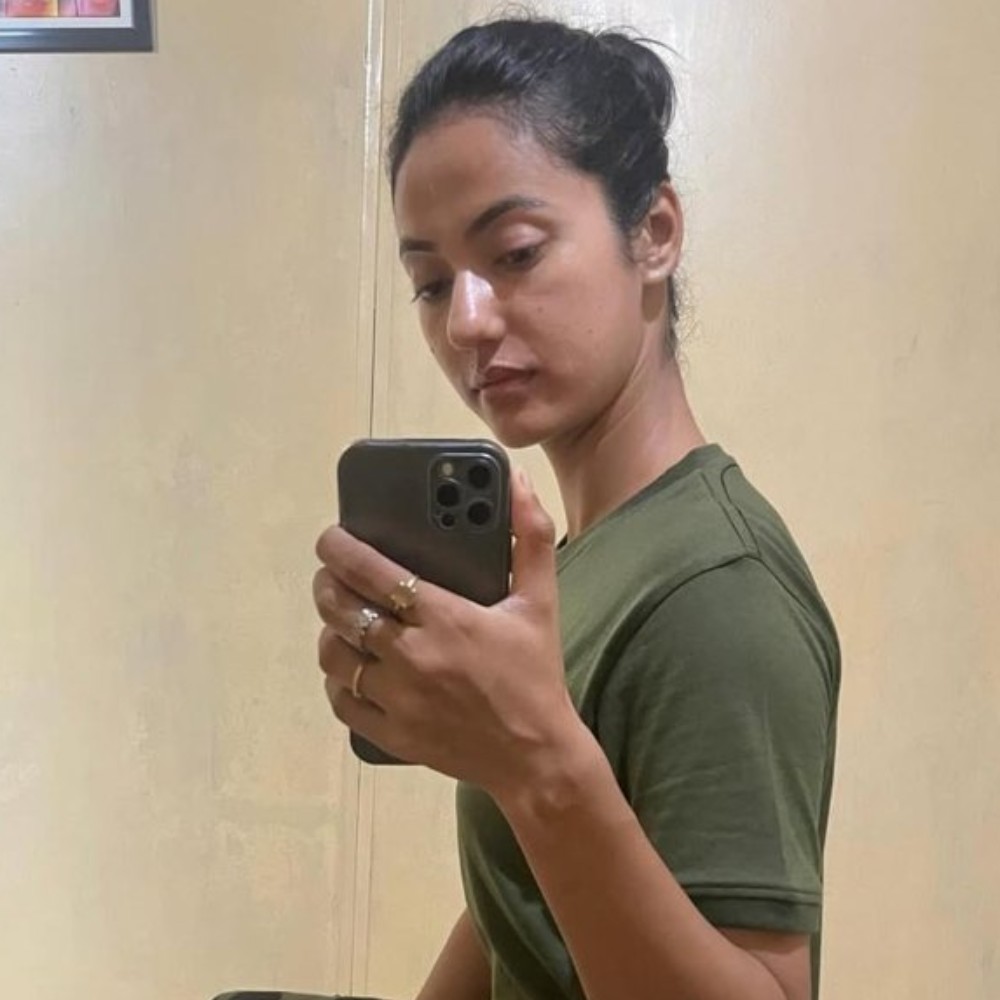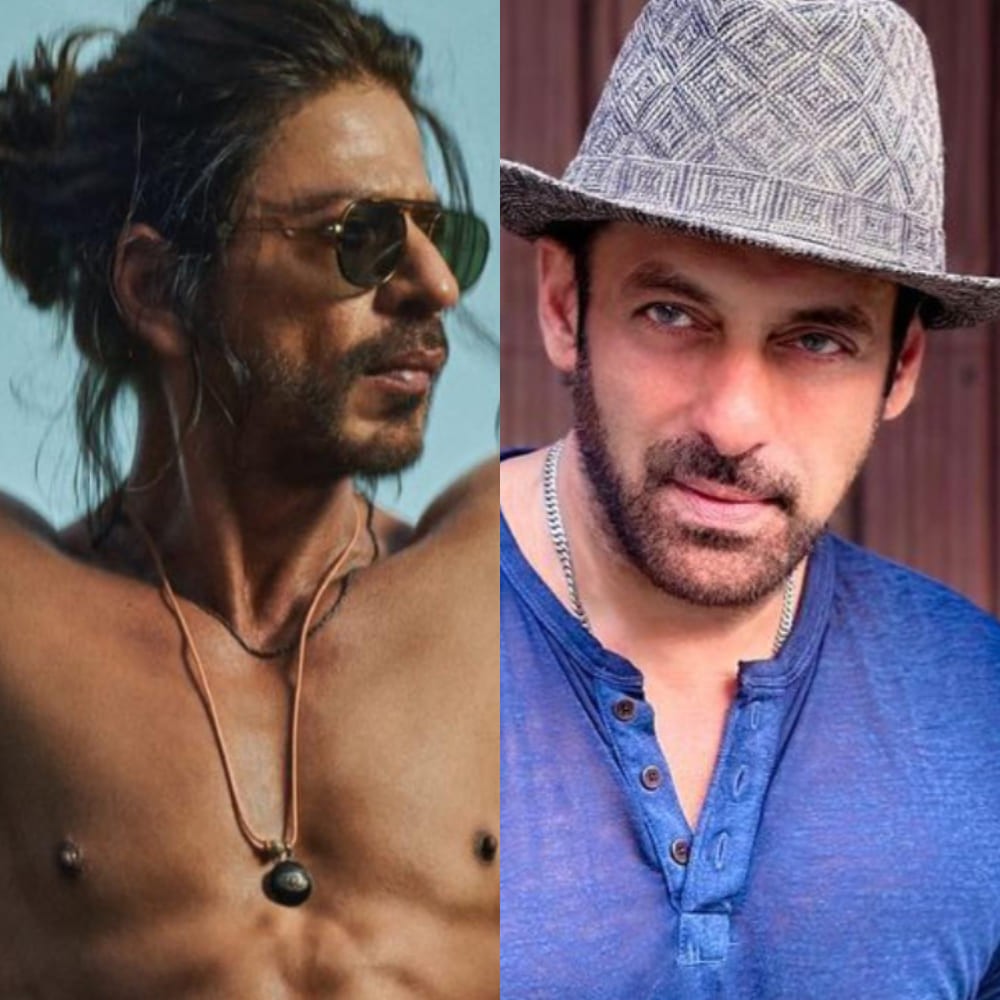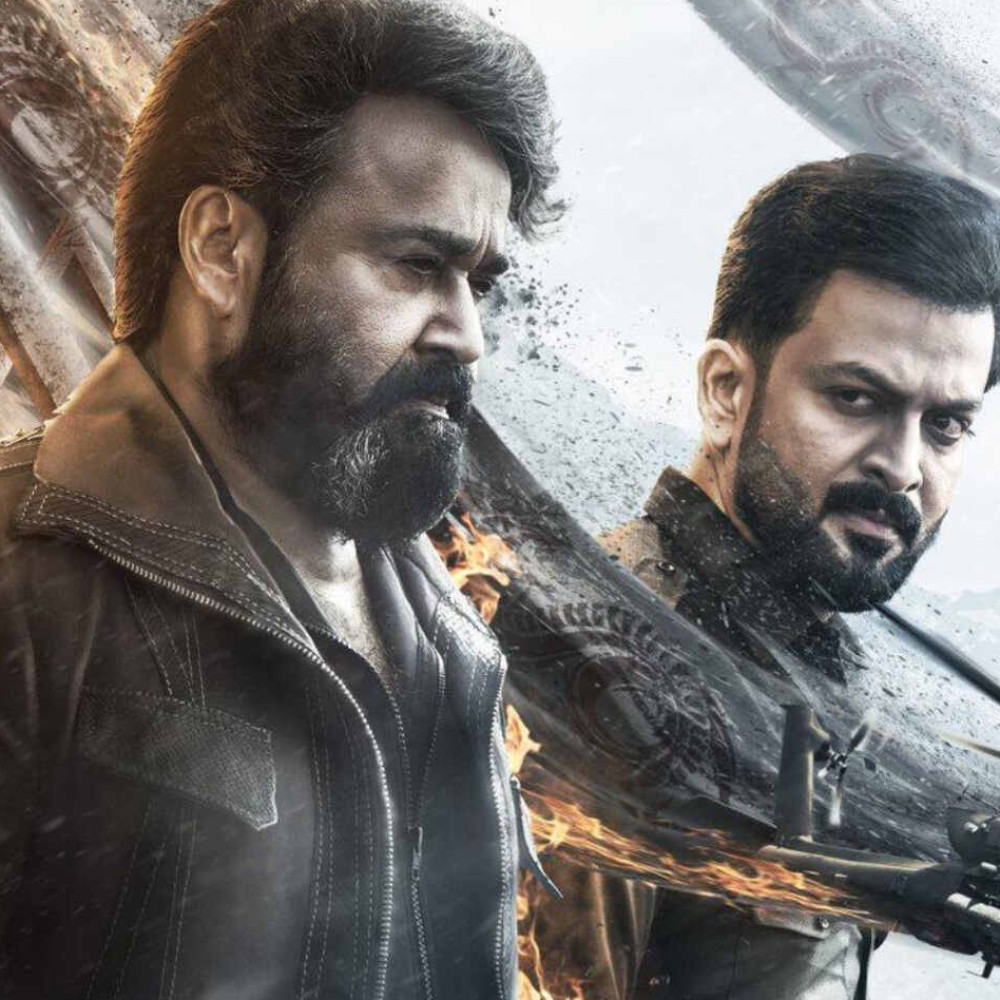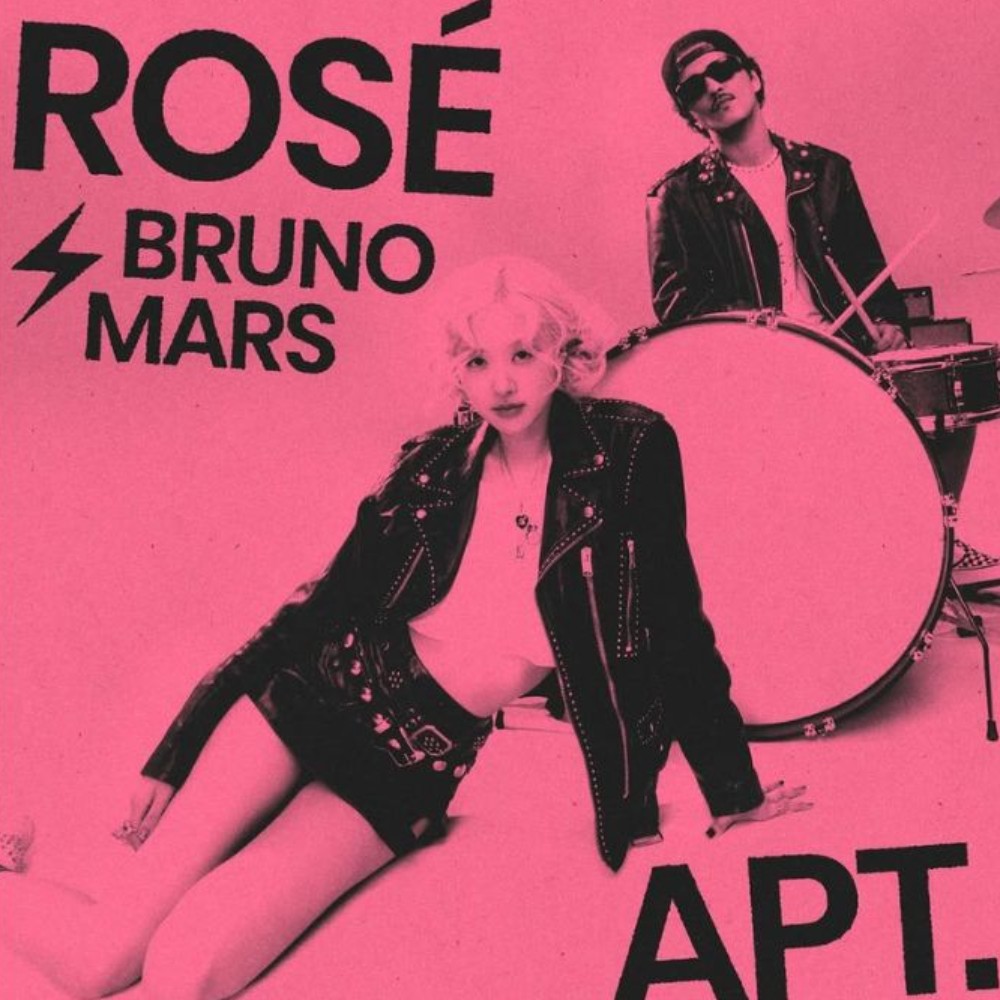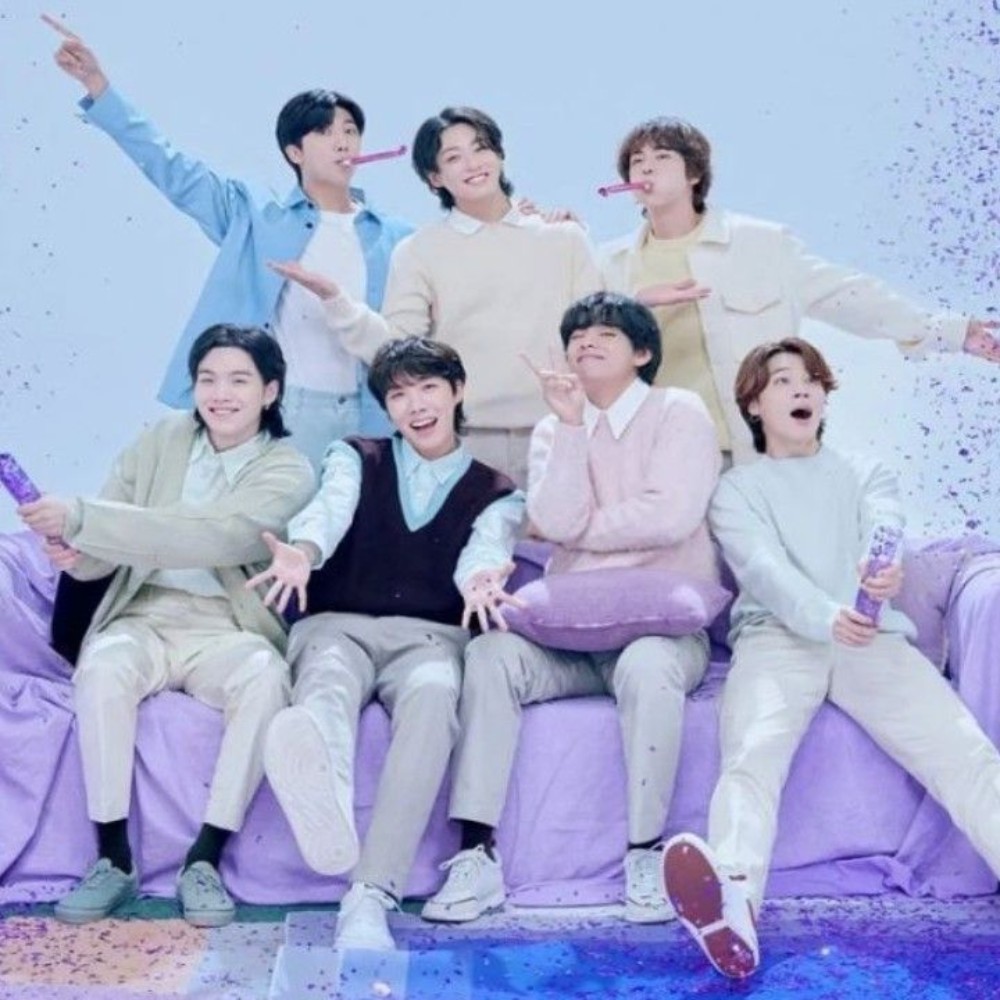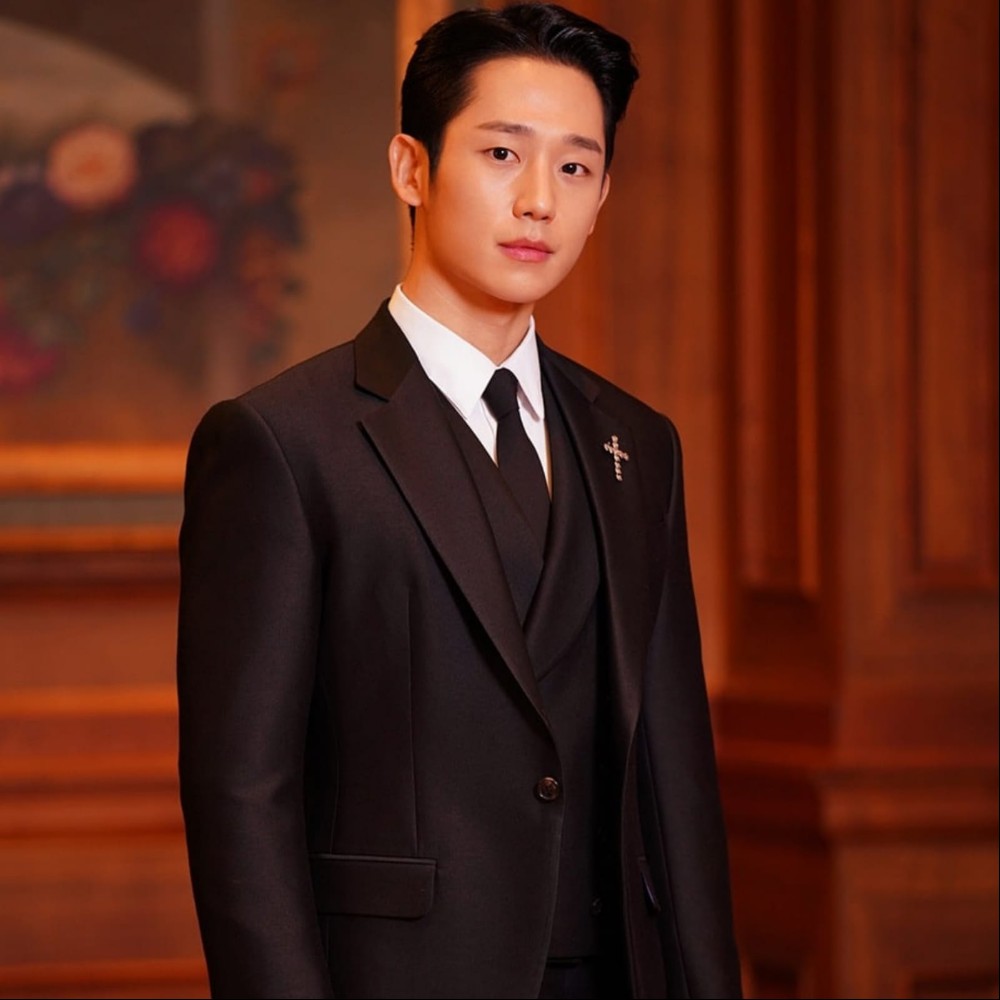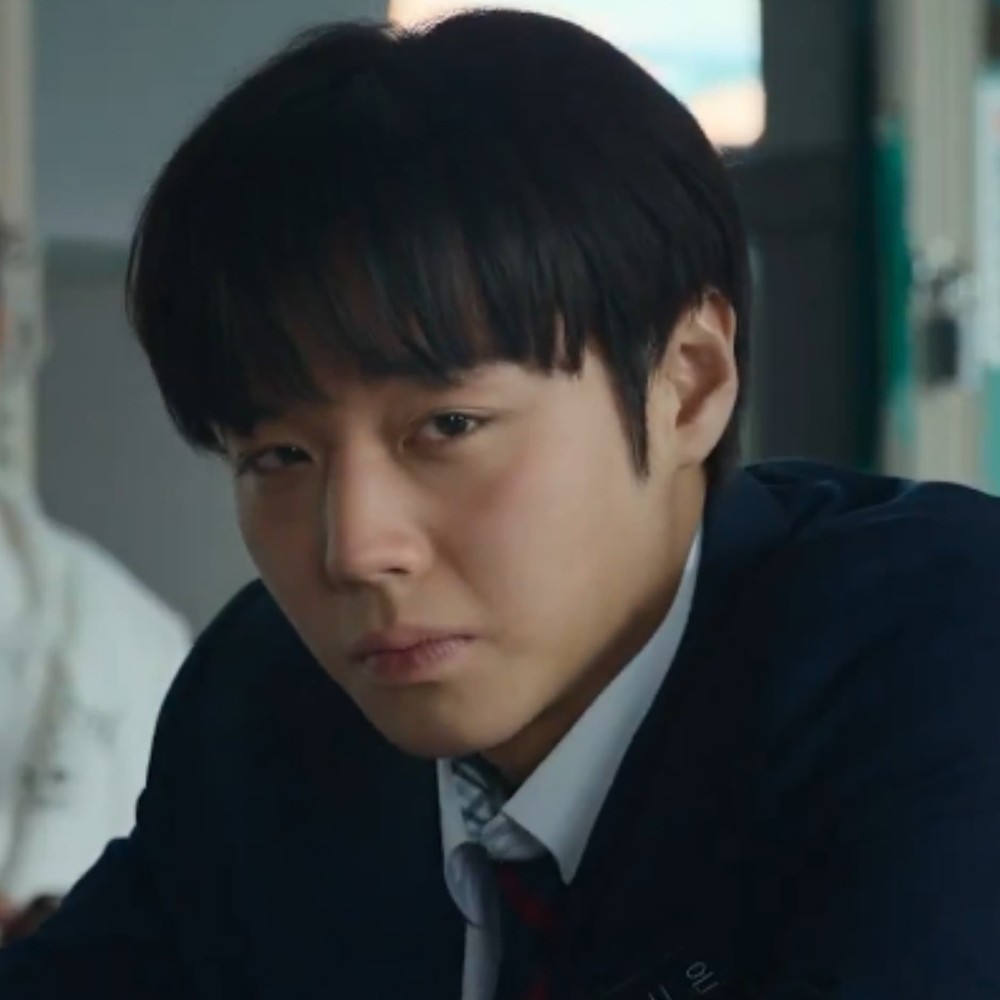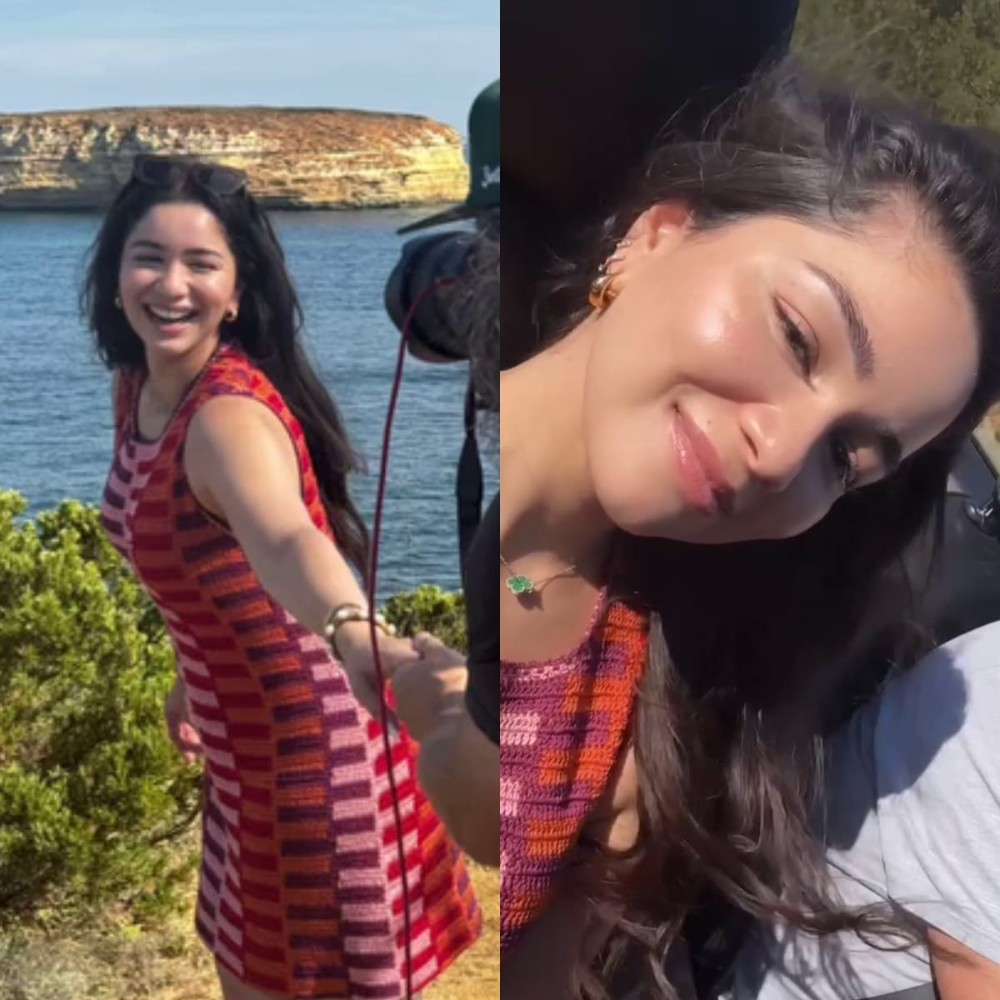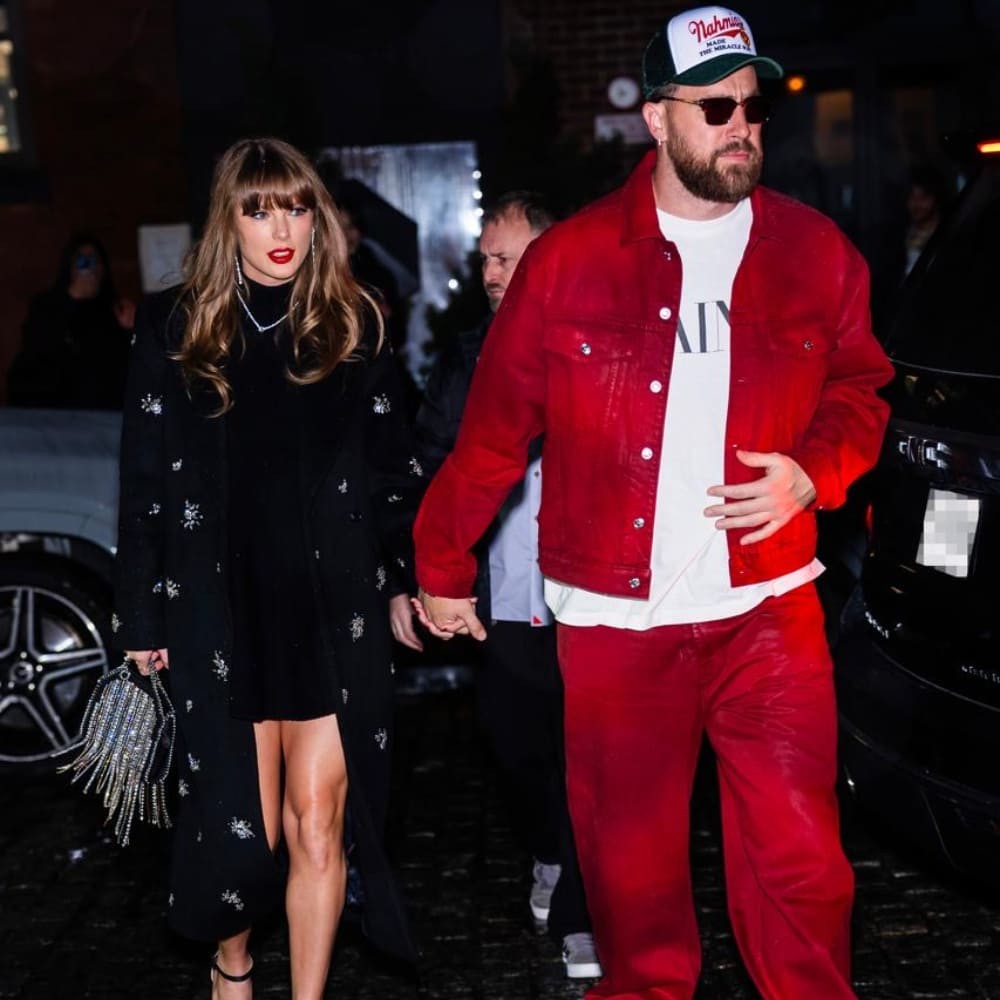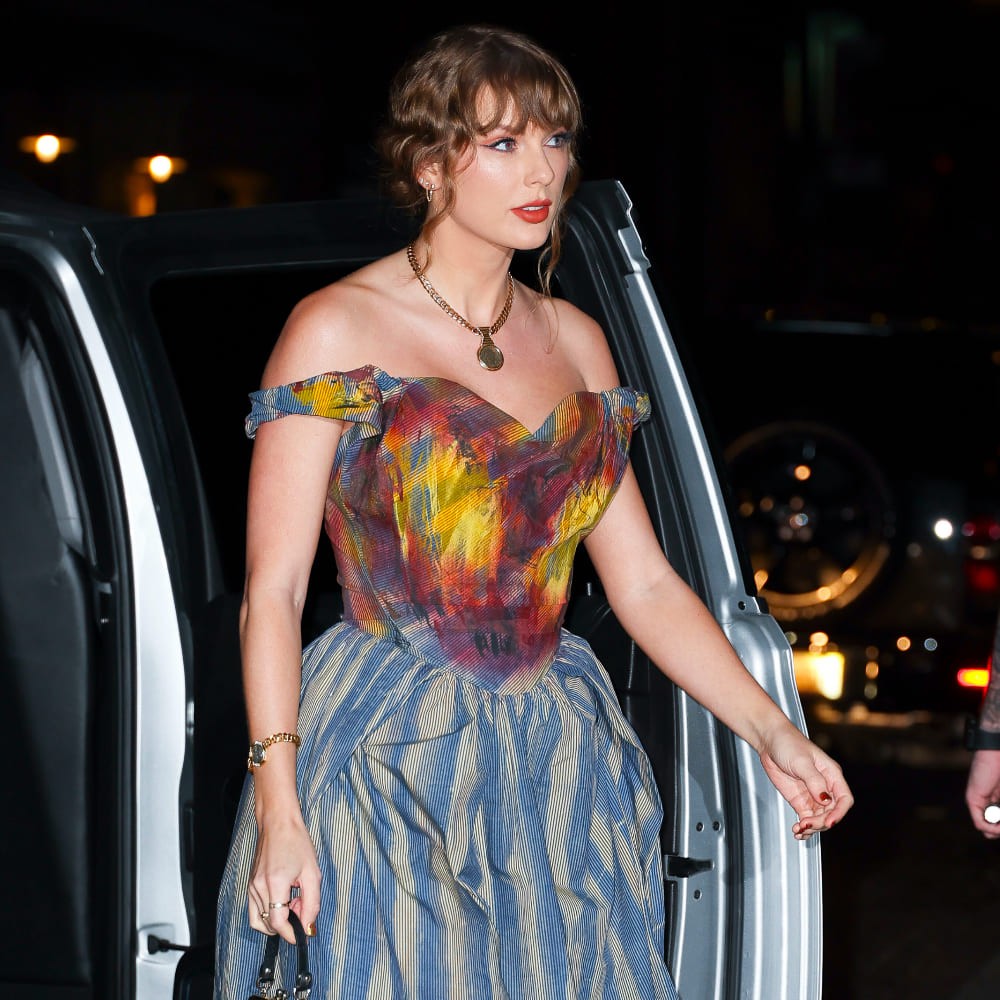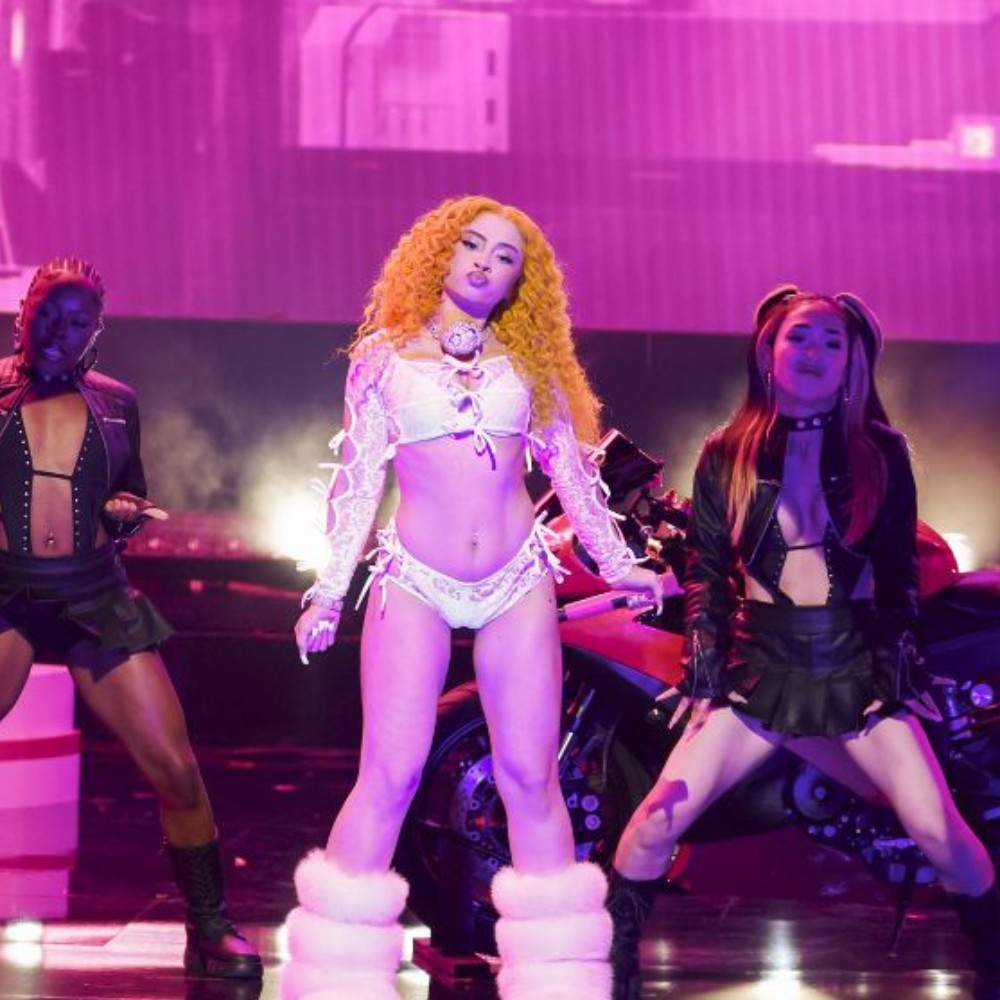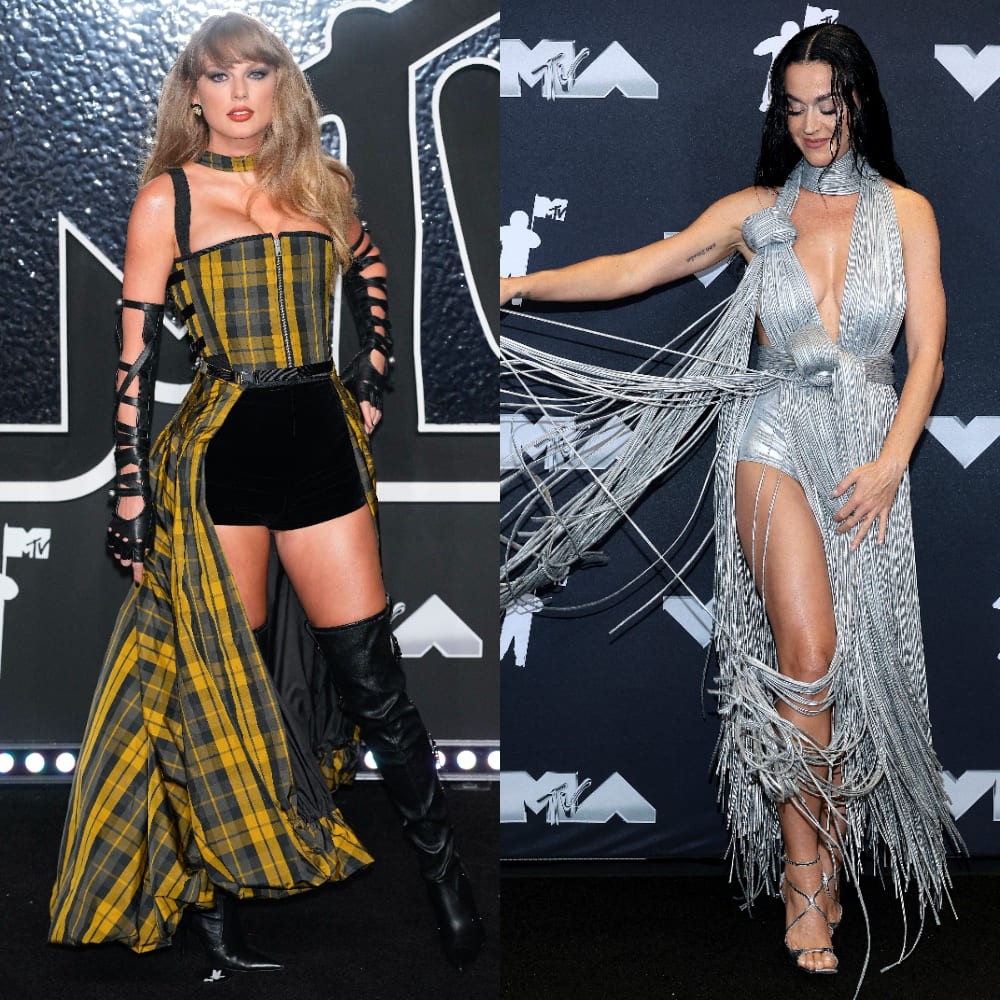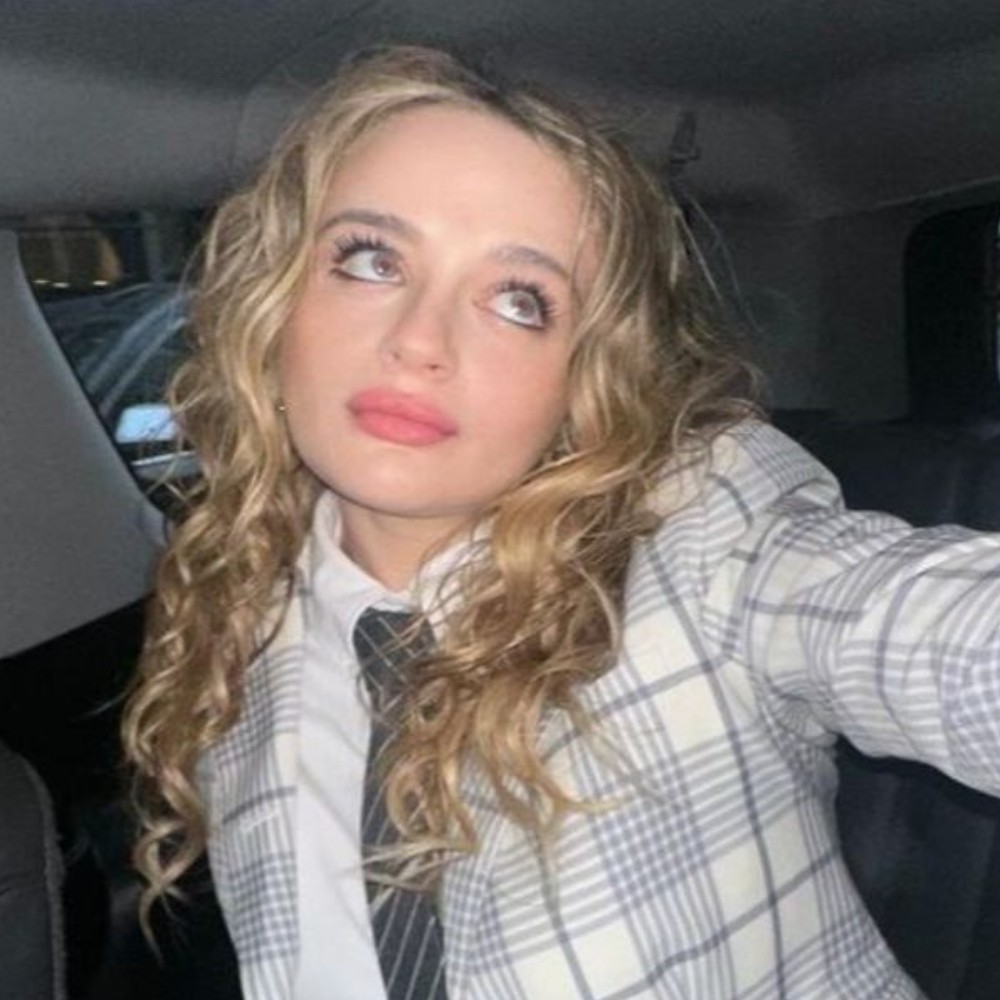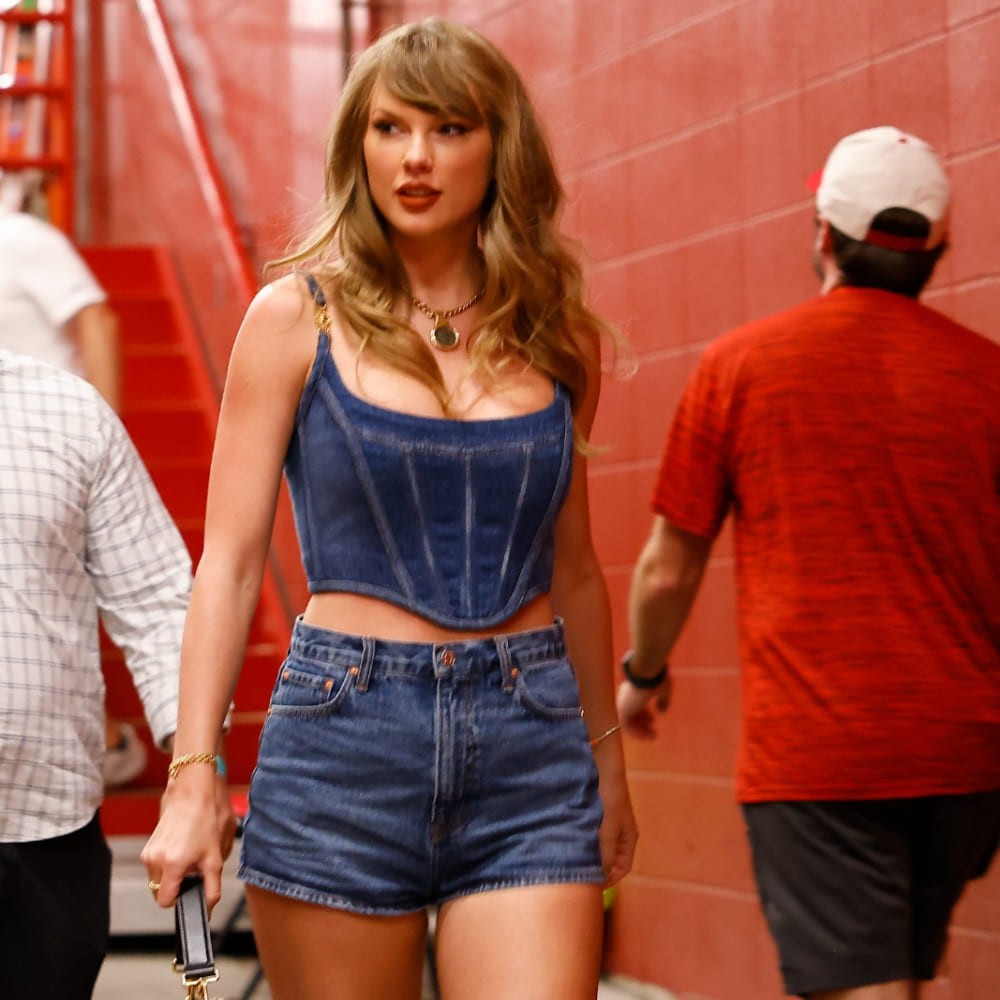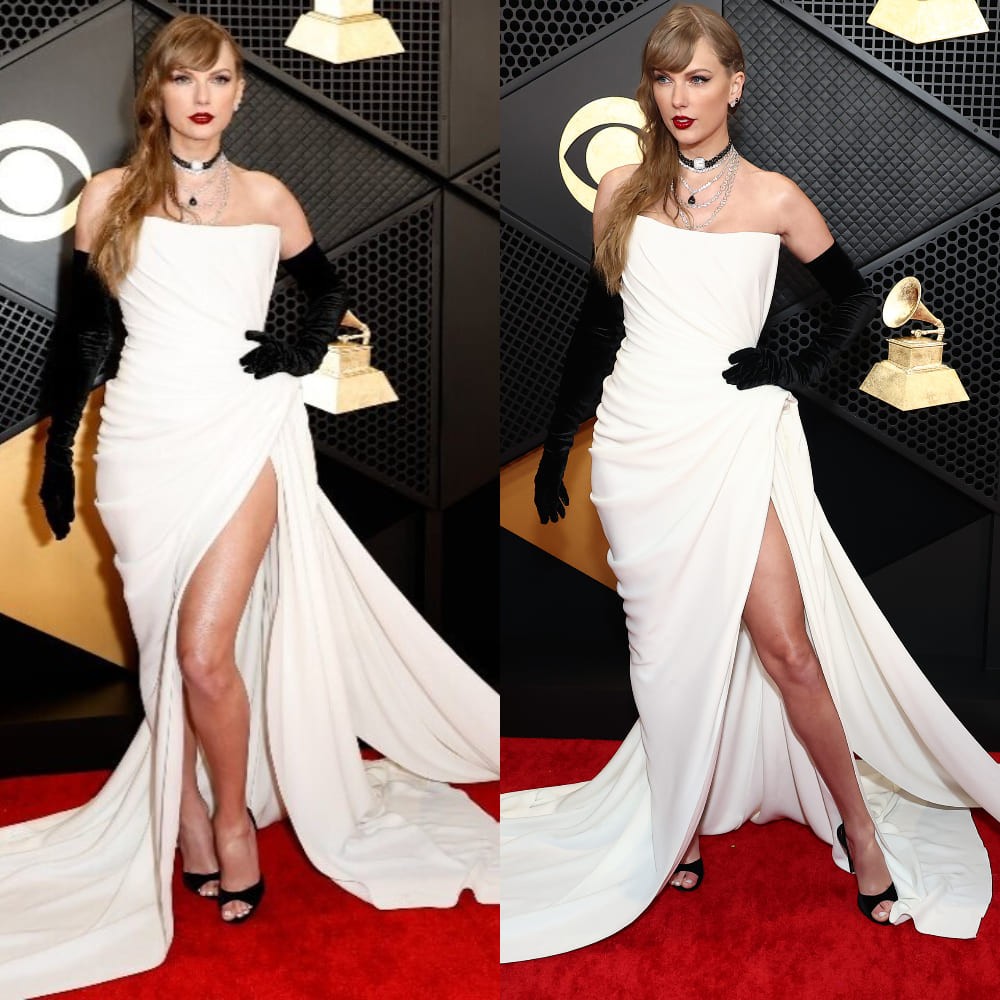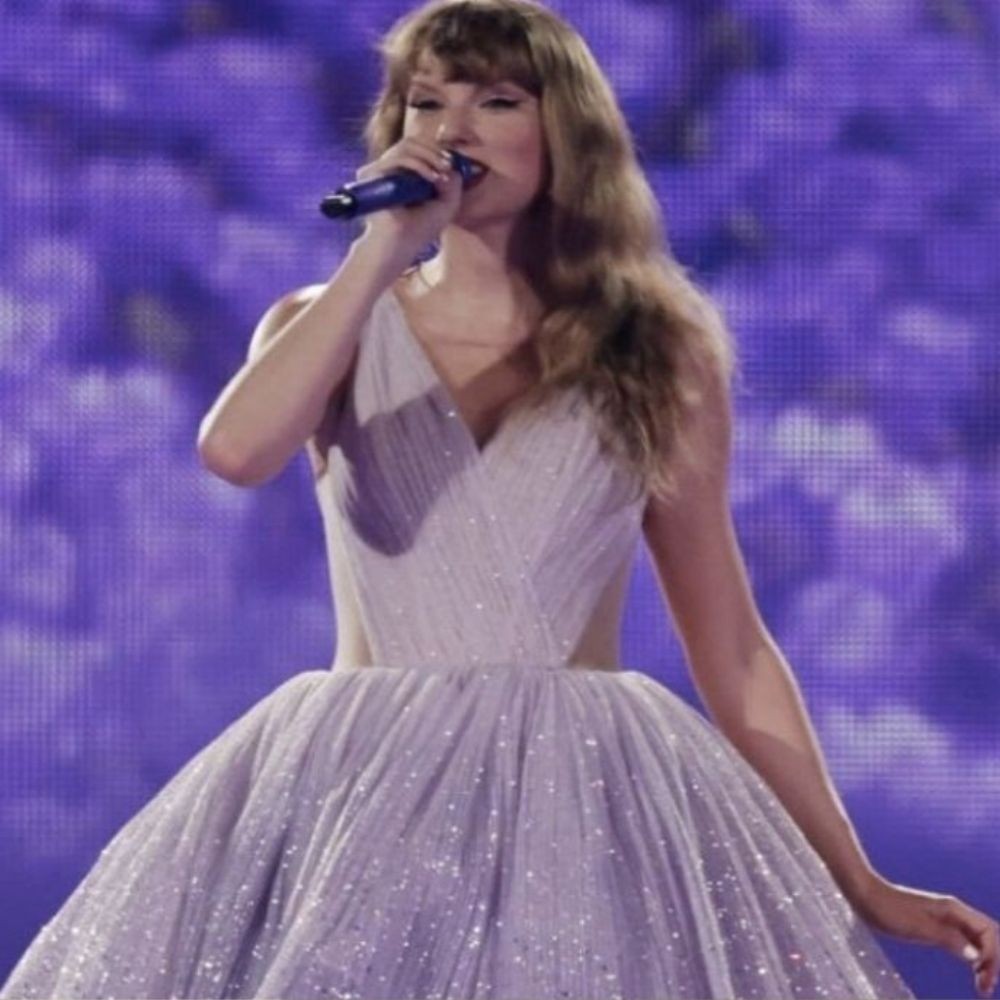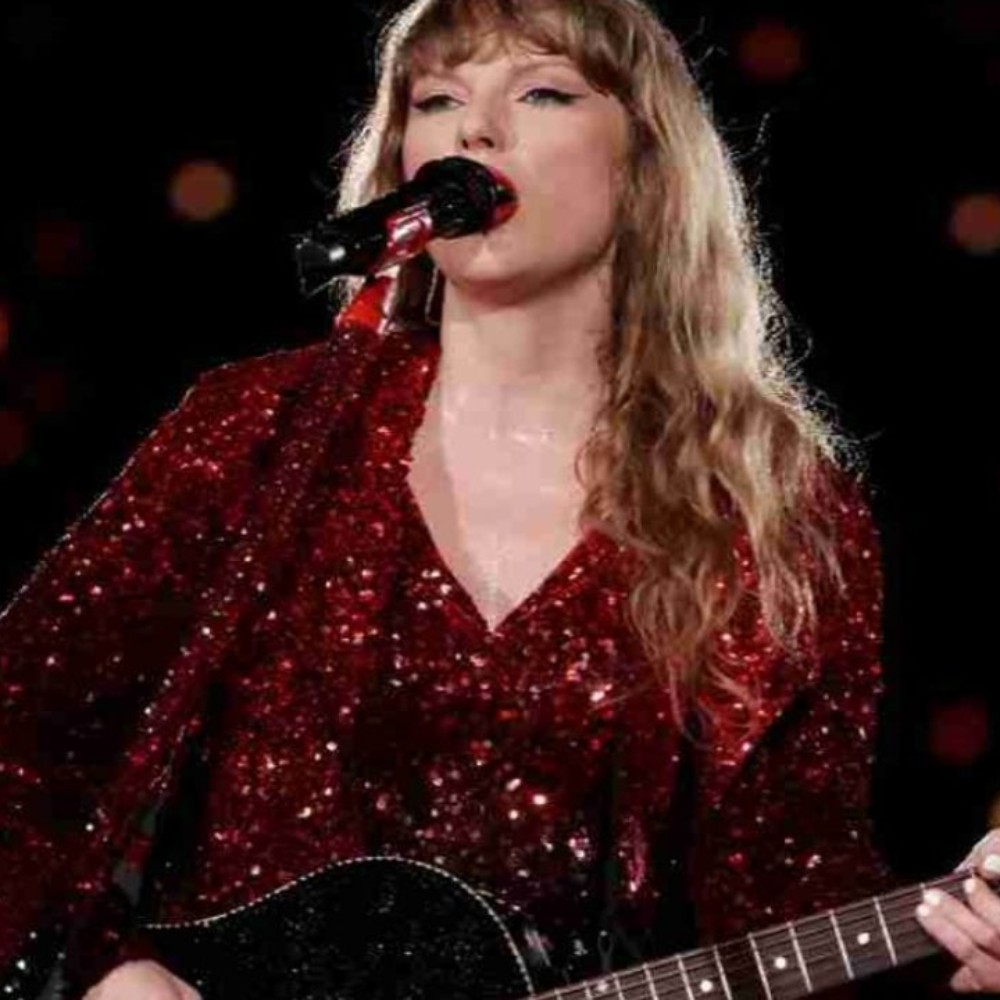What Happened Between Taylor Swift And Scooter Braun? A Complete Timelime Of Feud Explored
In June 2024, a new docuseries titled Taylor Swift vs. Scooter Braun: Bad Blood revisited the complex history between Swift and Braun.
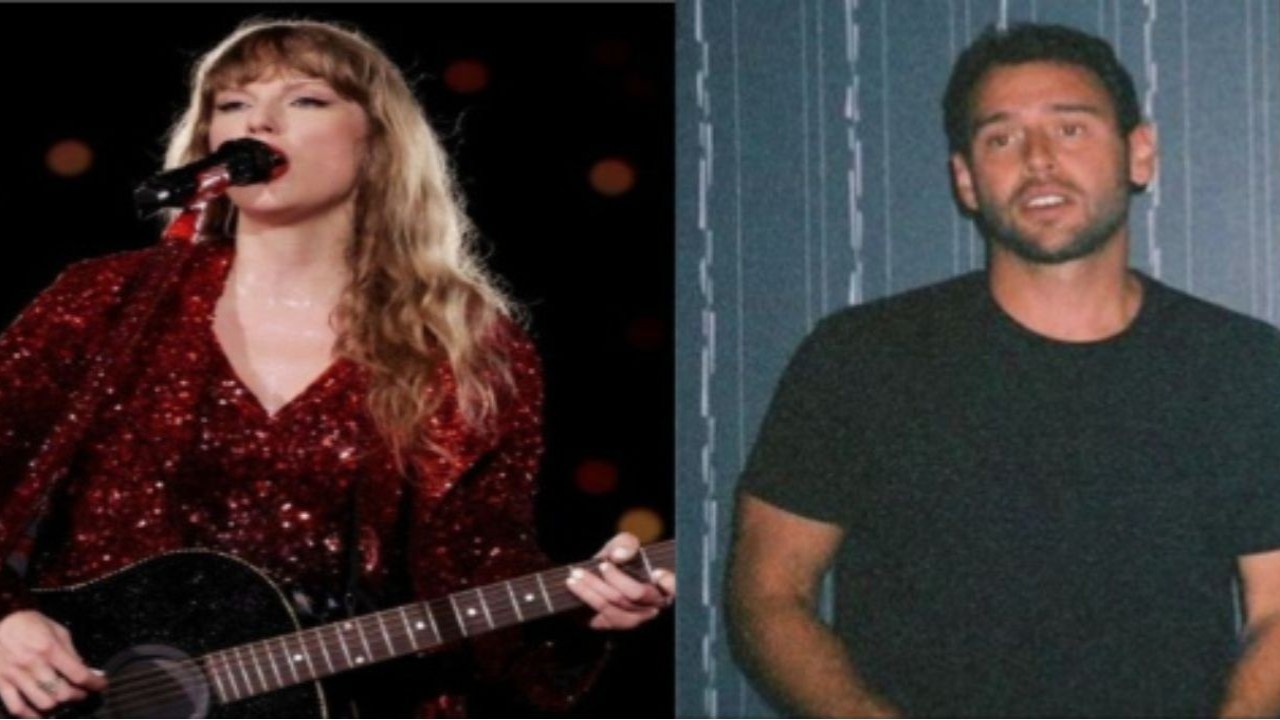
In the world of music, disputes over rights to songs and ownership of recordings are not uncommon. One of the most notable recent feuds has been between pop superstar Taylor Swift and music manager Scooter Braun. This conflict has spanned years and has involved legal battles, public statements, and even re-recordings of Swift's earlier albums. Here's a detailed look at how it all unfolded.
Early encounters and collaboration
Taylor Swift and Scooter Braun first crossed paths in 2009 when Justin Bieber, managed by Braun, opened for Swift during her Fearless Tour. Their interaction continued over the years, with Braun acknowledging Swift as an inspiration for Bieber in a 2011 concert film.
Kanye West and the feud reignited
In March 2016, Scooter Braun took on a new role as Kanye West's manager shortly after West released his controversial song Famous, which included derogatory lyrics about Taylor Swift. This sparked a renewed feud between Swift and West, drawing Braun into the controversy due to his managerial ties.
Big machine records acquisition
One of the pivotal moments in their feud came in June 2019 when Scooter Braun acquired Big Machine Records from Scott Borchetta for $300 million. This deal included the rights to Taylor Swift's first six albums' masters, which Swift had been requesting ownership of for years.
Swift expressed feeling betrayed and hurt, as she claimed she was not given the opportunity to buy back her own music. She publicly shared her dismay in a Tumblr post, highlighting the emotional toll of losing control over her life's work.
Swift's response and re-recording
In response to the acquisition, Taylor Swift announced her plans to re-record her first six albums. This move was seen as a strategic effort to regain control of her music catalog and assert her rights as an artist.
She began releasing these re-recordings, starting with Fearless (Taylor’s Version), followed by Red (Taylor’s Version), Speak Now (Taylor’s Version), and 1989 (Taylor’s Version). Swift made it clear that this process was not only about reclaiming her music but also about sending a message regarding artist ownership and integrity in the music industry.
Public backlash and celebrity reactions
Swift's Tumblr post and subsequent actions sparked widespread support from fans and celebrities alike. Stars such as Selena Gomez and Halsey publicly sided with Swift, condemning the sale of her masters without her consent.
On the other hand, Scooter Braun's clients, including Justin Bieber, defended him and his business practices. This divided the music industry and ignited intense debates over artist rights and the responsibilities of music labels and managers.
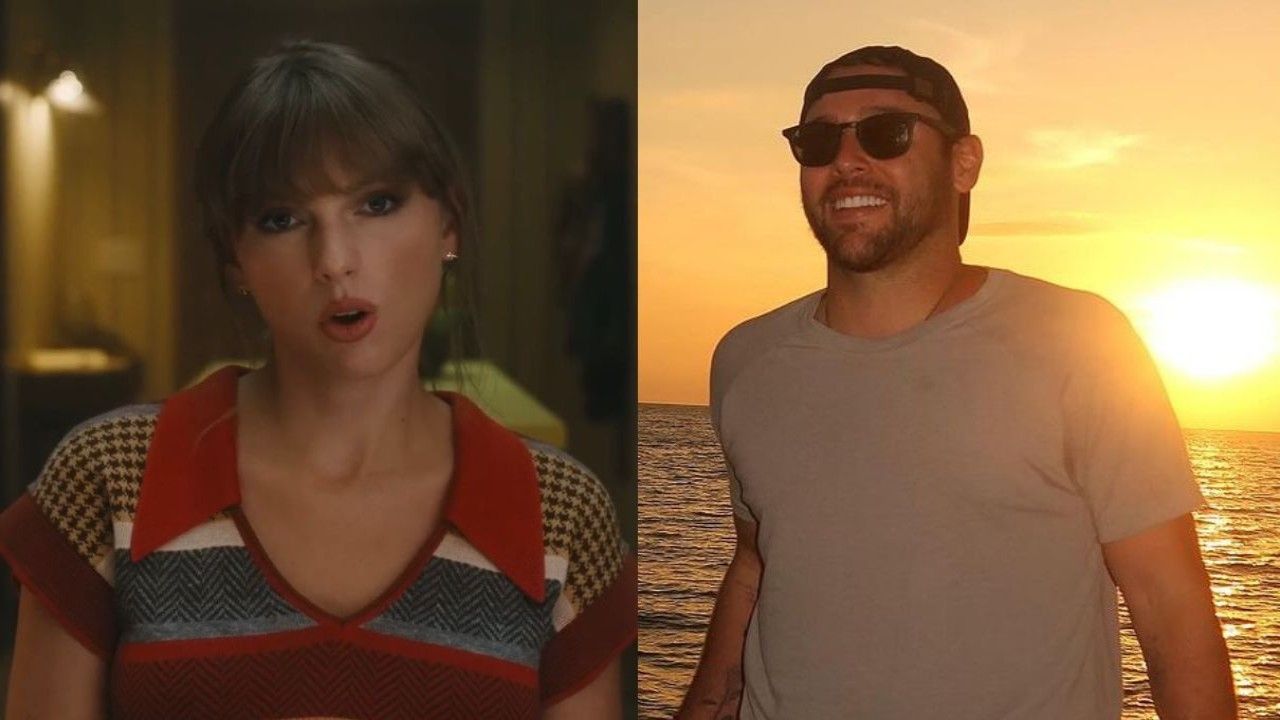
Ongoing legal and public battles
The feud escalated further when Taylor Swift accused Big Machine of blocking her from performing her older songs at the American Music Awards in November 2019. This led to a public outcry and eventually, Swift was granted permission to perform her hits at the awards show.
The legal battles and public statements continued to make headlines, with Swift using her platform to advocate for artists' rights and transparency in the music industry. Her vocal stance against what she perceived as unfair treatment resonated deeply with her fanbase and fellow musicians.
Continued artistic response
Throughout the ongoing dispute, Taylor Swift channeled her feelings into her music. Songs like My Tears Ricochet from her Folklore album and Karma from Midnights were interpreted as direct responses to her struggles with Scooter Braun and the loss of her masters.
Swift's artistic expression became a powerful tool in her fight for control over her creative work and her narrative within the industry. Her albums continued to top charts and resonate with listeners worldwide, underscoring the personal and professional stakes involved in her battle with Braun.
Resolution and moving forward
In November 2020, Scooter Braun sold Taylor Swift's masters for over $300 million to Shamrock Holdings. Swift, however, clarified that she had no part in this transaction and continued to focus on re-recording her music independently.
She reiterated her commitment to reclaiming her legacy and ensuring that her artistic integrity remained intact. Swift's decision to re-record her albums was not just about business but also about asserting her autonomy as an artist and setting a precedent for future generations.
Documentary and lasting impact
In June 2024, a new docuseries titled Taylor Swift vs. Scooter Braun: Bad Blood revisited the complex history between Swift and Braun. Despite the past turmoil, Swift's team released a statement indicating that she had moved on from the saga and was focusing on her ongoing creative endeavors.
"None of these men will ever be able to take anything away from Taylor’s legacy as a songwriter, singer, director, philanthropist, and advocate for artists’ rights," the statement concluded.
The feud between Taylor Swift and Scooter Braun is a testament to the challenges artists face in asserting control over their work in the music industry. It highlights the power dynamics between artists, managers, and record labels, and the enduring impact of decisions made early in an artist's career.
Swift's journey from initial encounters with Braun to the legal battles and re-recordings of her music underscores her resilience and determination to protect her artistic vision. As she continues to navigate the complexities of fame and ownership, Swift's story serves as a rallying cry for artists seeking autonomy and respect in an ever-evolving industry landscape.





 JOIN OUR WHATSAPP CHANNEL
JOIN OUR WHATSAPP CHANNEL

